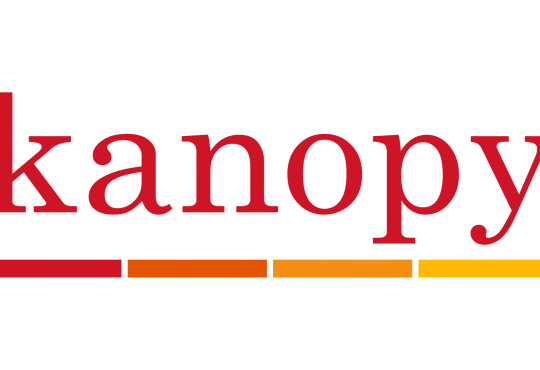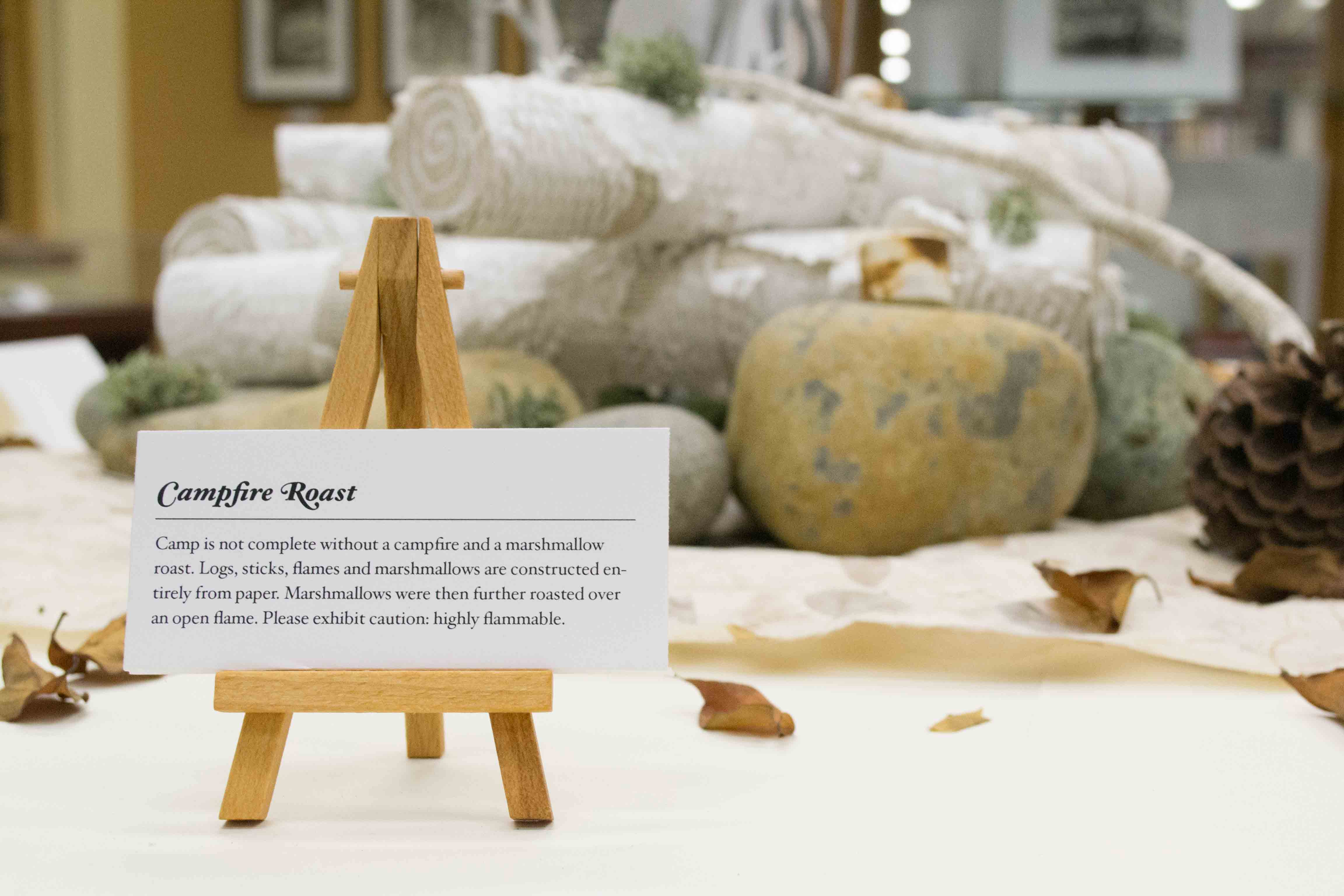It is a right of passage for every wannabe graduate to begrudgingly trudge to the Collins Memorial library, shuffle to the information desk and assess the damage of four years of forgotten fines.
Many get off scott-free after years of diligently returning their items on time, but for some it can be more painful than the arrival of the tuition bill each year.
However, every fall, in the spirit of the holidays, the library waives fees for every canned or dry item food patrons donate. It is easy to see the process as a wonderfully sneaky way to avoid coughing up cold hard cash in the name of fines, but the annual program means a lot more.
Hunger is a global issue that, as part of the Millennium Development Goals set forth by the United Nations, is being tackled world-wide in an international push to end poverty and hunger. However, as mentioned in the Millennium Development Goals, due to the financial crisis over the past few years, there has been a rise in world hunger.
Currently, 935 million people worldwide do not have enough to eat. As you read this article it is estimated that about 25,000 people worldwide have died today from hunger related issues.
Almost 50 million people in the United States live in “food insecure” households as of 2010. Of those millions, nationally, over 950,000 live in Washington State. 382,000 of those people are children.
But how can you put a number like that in perspective? The entire population of Pierce County in 2010 was only 795,225. It would cost around 400 million dollars to feed everyone in need in Washington State; the nation spent over 11 billion dollars on Black Friday alone.
As overwhelming an issue as world hunger can be there is still plenty we can do on out meek student budgets. Donating food or even a few dollars to one of the local Tacoma Food Banks can help provide food for families who are living in our area. Spend a few hours volunteering for a food bank, where you can not only help by donating your time, but also you can gain a better personal understanding of how hunger affects Tacoma.
The donations gathered through the Food for Fines program go to St. Leo Food Connections in Tacoma. Last year the collection totaled 600 items. The organization operates two food banks in Pierce County, as well as a summer meal program for children under 18. It also grows its own produce to supplement donations.
Beyond just organizing the Donations process, the library also has gathered a collection of research material and statistics regarding world hunger as part of the Food for Fines program. These statistics are available on their website.
The holiday season can quickly become incredibly stressful, as we frantically attempt to convey our love for one another by purchasing as much, as fast as we can. At every grocery store there is someone asking for donations, at every mall or shopping center there is someone ringing a bell asking for us to wake up from our manic shopping haze and realize that there are still plenty of people in our own communities that need our help much more then our little sisters need new iPods.
Although I am by no means saying that we should abandon tradition and deny family and friends presents, perhaps now, as we inch closer to adulthood, it is time we find a way to make giving back to others part of our holiday ritual. The world makes it so easy for us—donate a can, give few dollars, or share a few hours of our days with people who need us. How can we really refuse?




